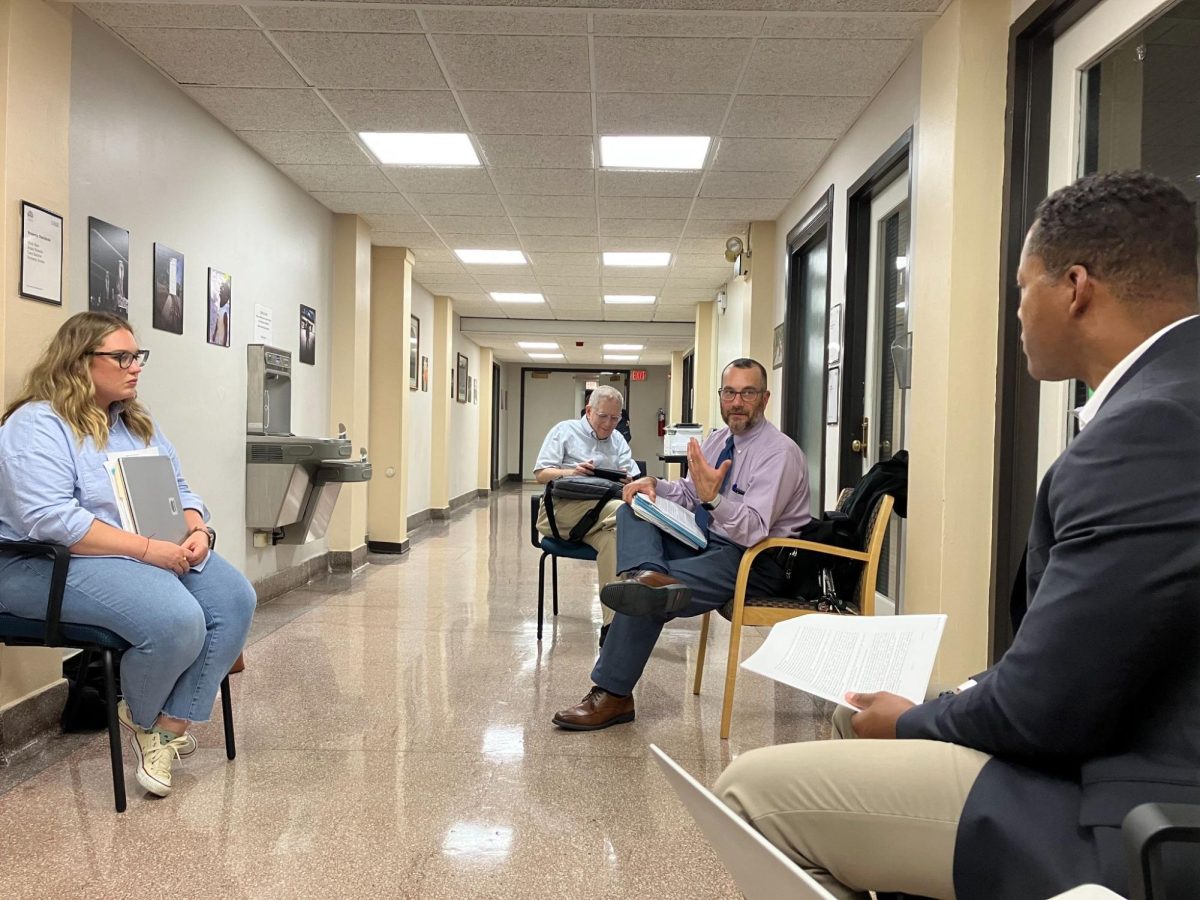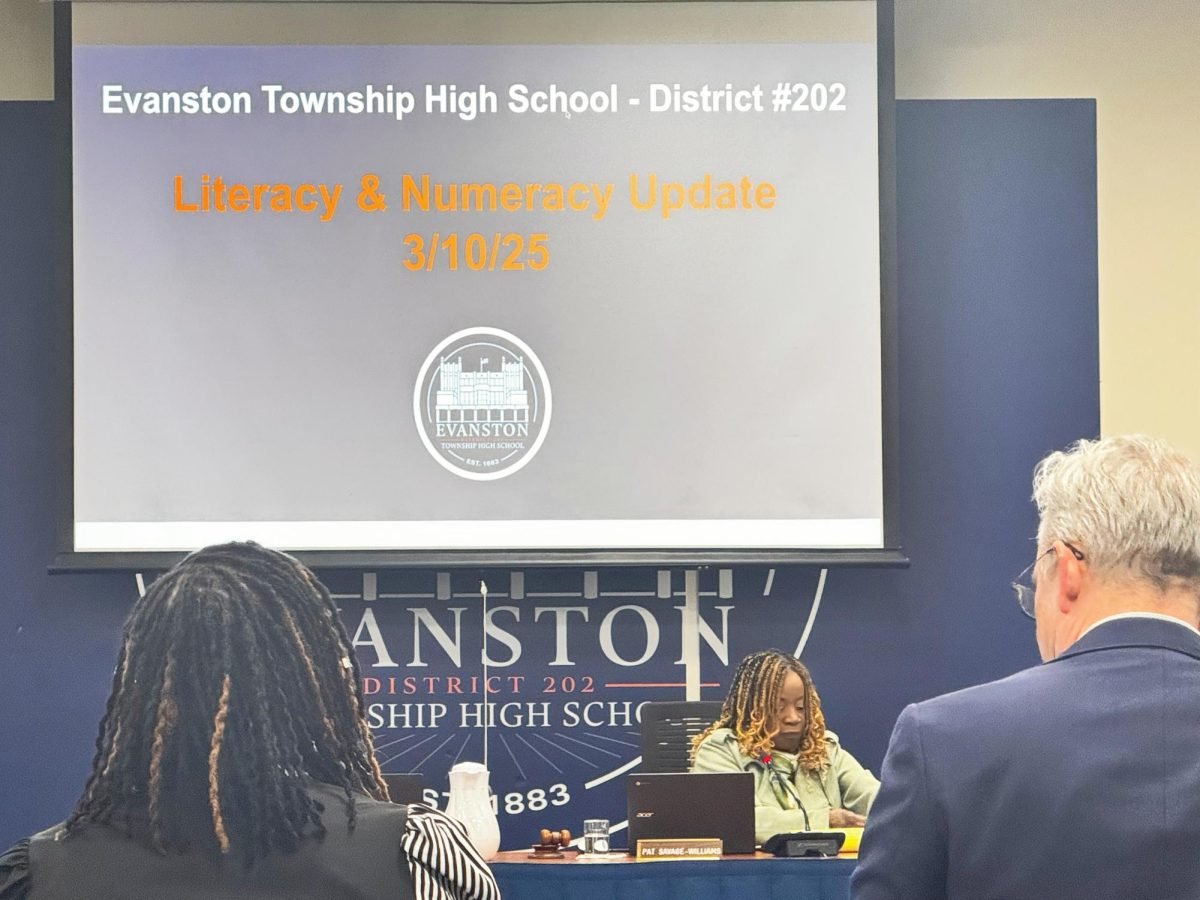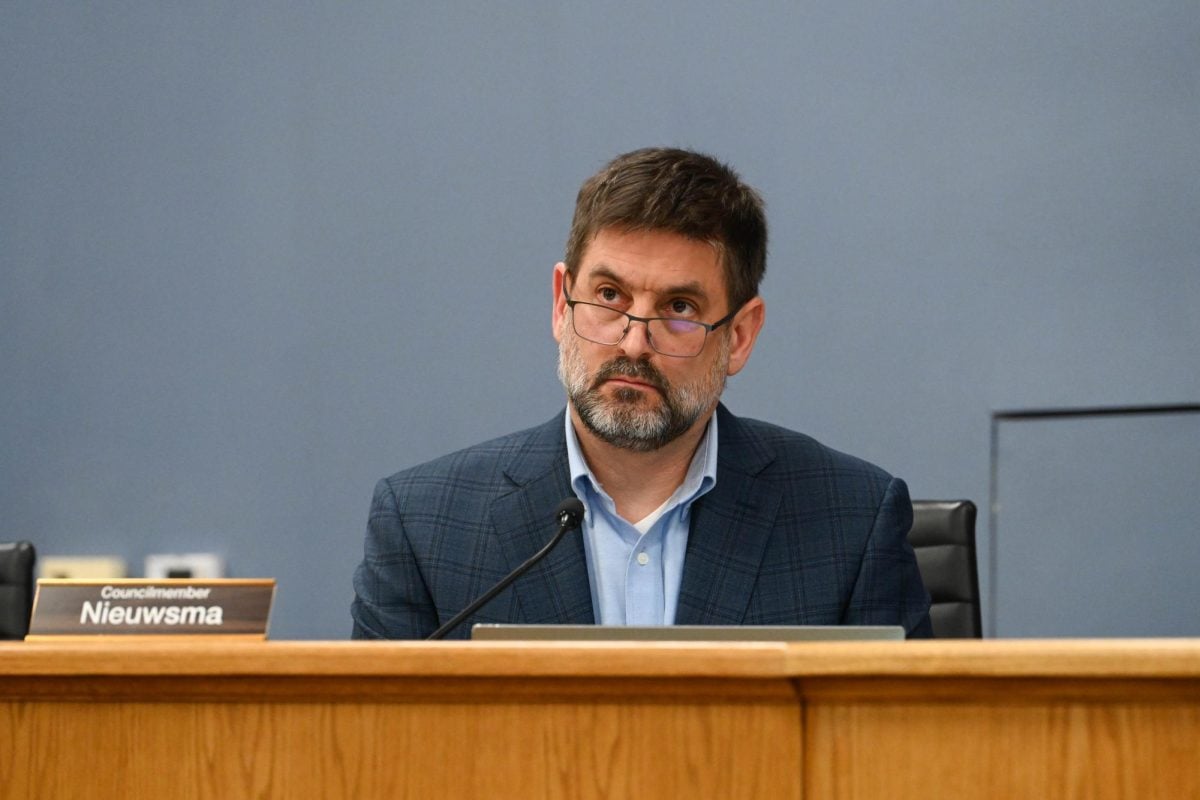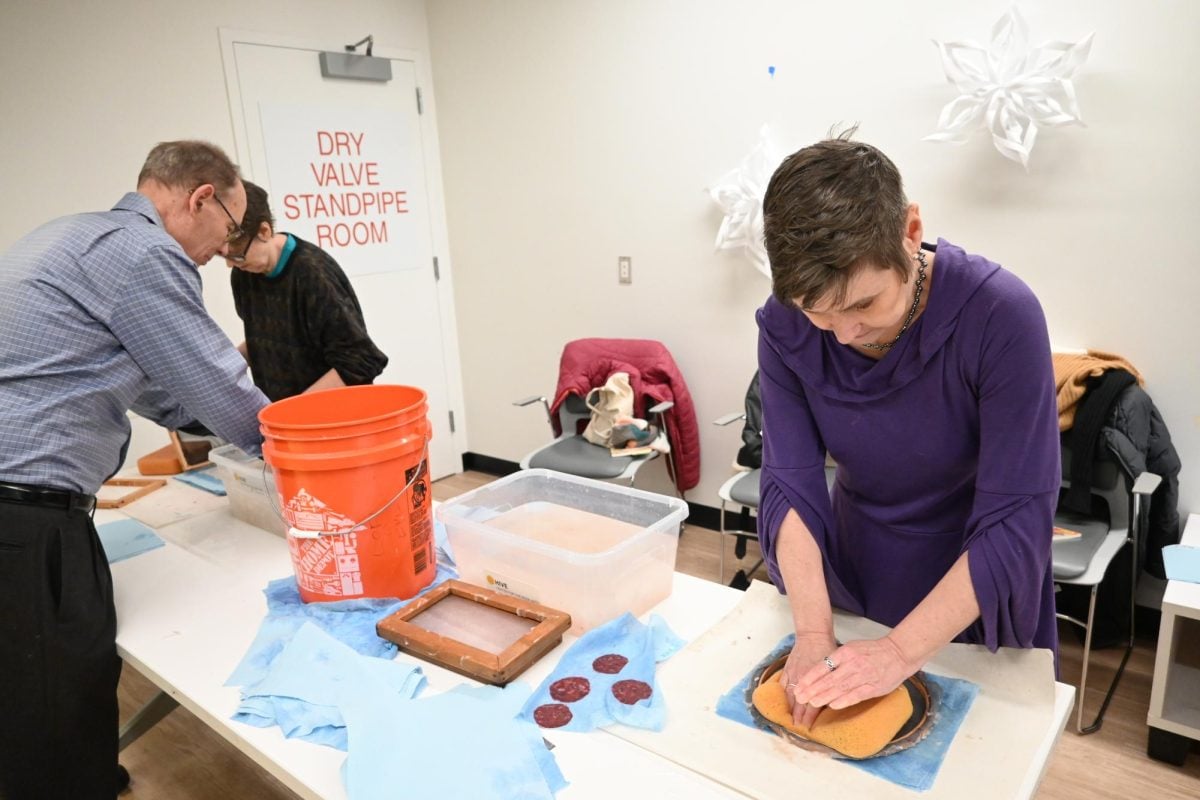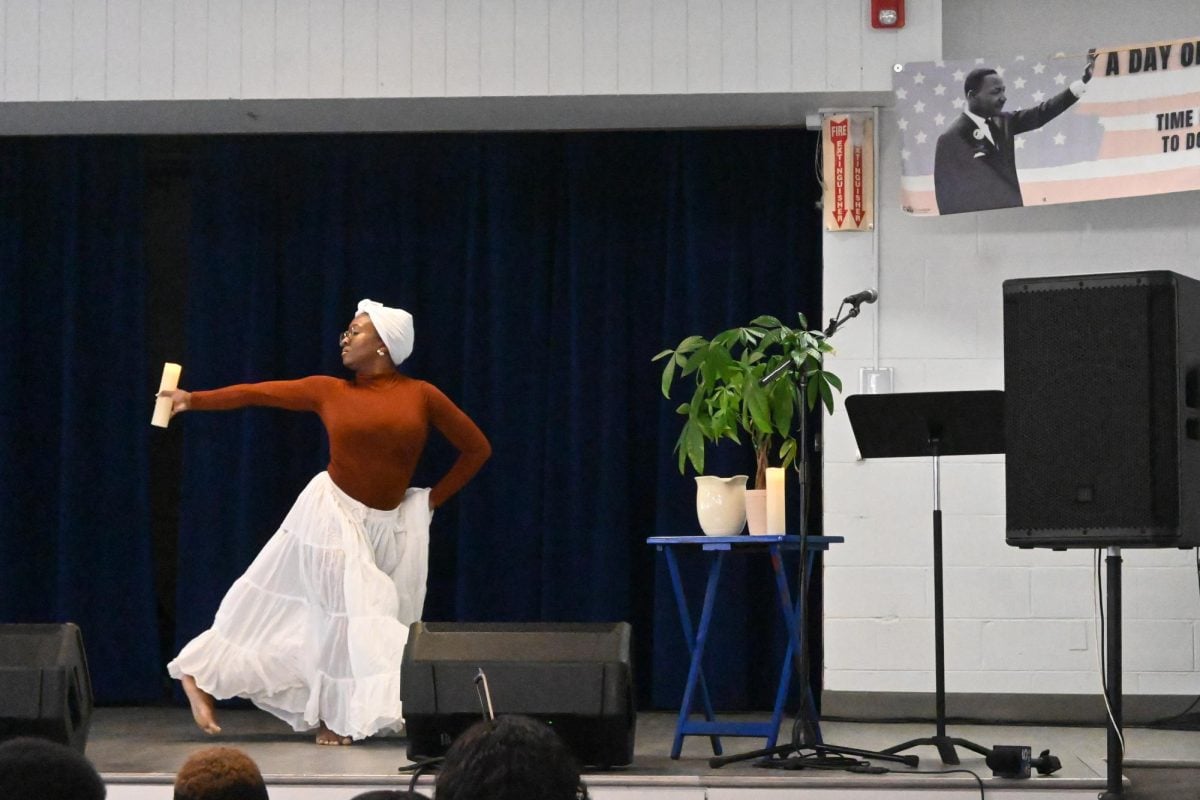On Wednesday, the Citizen Police Review Commission of Evanston voted that an internal police department investigation into alleged rule violations by two officers was “complete, thorough, objective and fair.”
An EPD departmental inquiry into potential rule violations by two officers was launched in February. An individual filed complaints about the way officers responded to a call about a domestic dispute in January, according to a report by the EPD Office of Professional Standards.
The report says the complainant had several concerns which, if found to be true, could mean the officers violated multiple procedural rules.
The person who complained claimed the officers took too long to respond to her domestic call, did not offer medical attention for her injured juvenile son and failed to document her son’s injuries with photographs in the police report.
She added that responding officers told her over the phone that it was “too much paperwork” to file additional felony charges in her situation, and that the responding officers did not notify the Department of Children and Family Services about the domestic incident.
The case was internally reviewed by a patrol sergeant, patrol commander and deputy chief before coming to the review commission on Wednesday. There was some contention between those three personnel as to which rules the officers violated. All three agreed in their reviews, however, that the officers initially failed to file a report to DCFS, which violates officers’ responsibilities as mandated reporters.
According to the police department report, the officers claimed to be “unaware that this particular matter warranted a DCFS notification.”
“I don’t feel bad that [those officers] misunderstood that, because we’re trained in the police academy [about this],” commander of EPD’s Office of Professional Standards Aaron Wernick said. “It’s on them.”
Six out of nine appointed commission members reviewed worn body camera footage of the involved Evanston Police Department officers.
Commission member Samuel Jones said that based on the footage, he could see how the situation could have been confusing for the officers.
“I think the training was not embedded enough [to a point] where they understood [the situation] did not absolve them of their duties,” Jones said. “I think it’s a training issue.”
The patrol sergeant also stated in their review of the case that there was no body camera recording of a subsequent phone call with the person who later complained. According to the sergeant’s review, that call should have been recorded, but it wasn’t.
Wernick said the physical process for starting to record on a body camera would be to press it twice. He said there are general policies on when an officer must turn their body camera on, but that a camera will also automatically come on when an officer turns on their car lights or activates a taser.
Wernick said he doesn’t know what happened in the case of the missing body camera footage of the phone call.
Whether or not the responding officers were timely in their arrival was disputed within the written police report. At the meeting, Jones said while watching the footage, he was “paying attention to the [officers’] breath” and they were “walking hastily.”
The report says officers were dispatched 2 minutes after the call. The officers had been responding to another call, but rerouted 7 minutes after dispatch, arriving at the scene 3 minutes later.
According to deputy city manager Dave Stoneback, the police department has been chronically understaffed.
“At one point, we were down 28 officers,” he said. “We’re down 19 now.”
But Wernick said “down 19” is a conservative estimate for staffing shortages.
Jones added that based on the footage, he thought there were elements of the officers’ behavior in responding to the domestic dispute in January that deserve positive recognition.
“I thought they showed constraint and professionalism,” he said. “I hope they are commended for the things they did well.”
For this internal investigation, the commission’s review goes to the police chief, and the police chief will make the final disciplinary call, according to Stoneback.
Wernick said the police chief would be able to review all the gathered evidence soon, but the final decision on disciplinary measures won’t be released until the next commission meeting. That meeting will be in early September.
Stonebeck said that procedurally for these internal investigations, the police chief is not obligated to follow any findings of the commission, which has existed in its current form since 2020.
“It’s just a strong recommendation,” he said.
Correction: A previous version of this story misspelled Aaron Wernick’s name. The Daily regrets the error.
Email: clairegardner2024@u.northwestern.edu
Twitter: @Clairegardner01
Related stories:
Citizen Police Review Commission recommends de-escalation training, clear body camera policy to EPD
Citizen Police Review Commission dismisses ‘lengthy’ allegations against EPD officers

